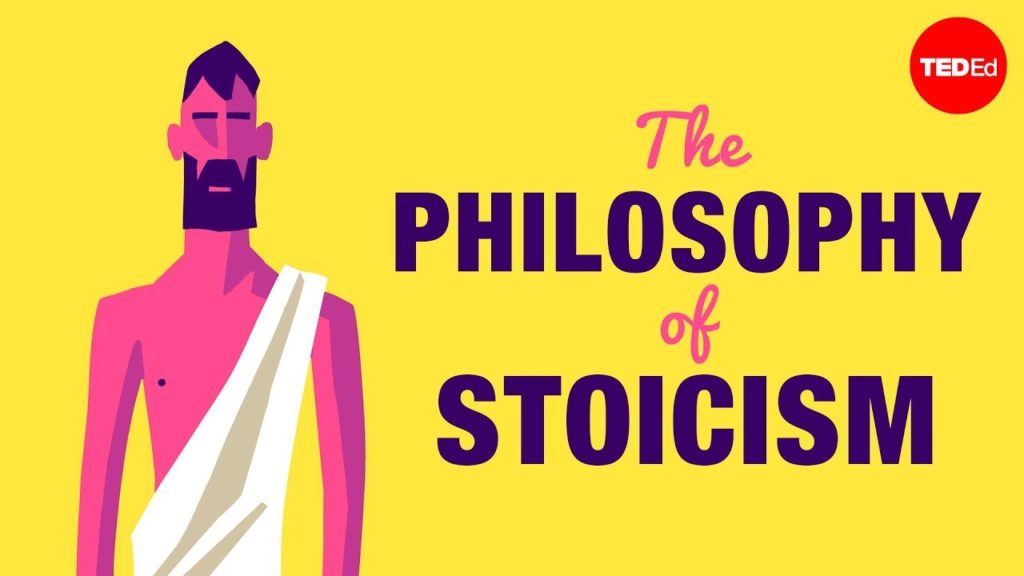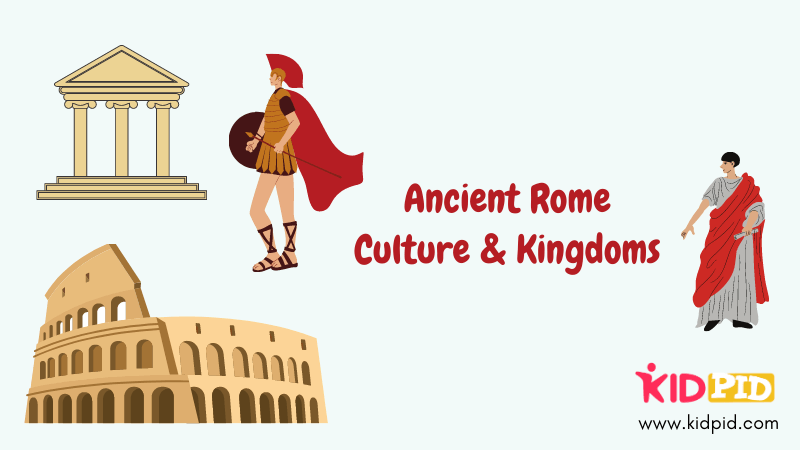The philosophy of Stoicism

Contents
Concept
Zeno of Cyprus coined the term “Stoicism”, that come from Stoa Poikile, the place of discussion of Zeno and his disciples.
Zeno lost everything in a shipwreck in Athens around 300BC. There he wandered into a book shop and learned the concepts of Socrates. Then he met many philosophers across the city. Gradually, he began understanding life differently and started to share the concepts among his own students.
Virtues, tolerance and self-control are its prime aspects. It has inspired leaders and gave birth to generation of thinkers. The Stoics believed in the theory of cause and effect which results in a rational structure of the universe, or ‘logos. In today’s world the word “stoic” suggests someone who remain calm under pressure. However, the original thought behind the concept was much more rigid.
Stoic believes in practicality. It deals with the world rather than complaining. With that they also continue their self-improvement through the four cardinal virtues:
- Wisdom
- Temperance
- Justice
- Courage
In the History
However, Stoicism must not be mistaken as a self-centered philosophy. Romans used to consider slaves as their own property. Seneca, however shared the thought that we all share the same fundamental humanity and Stoicism never encourage passivity. The thought behind that was: only people who have changed themselves can bring positive impact on others. Marcus Aurelius, one of Rome’s greatest emperor, received great help from Stoicism to lead the Empire through 2great wars and deal with the loss of many of his children. Later, Nelson Mandela received guidance and comforts from the journals of Marcus.
Thomas Aquinas, a Christian theologian adopted the virtues of Stoicism. Epictetus was majorly touched by these concepts and thus he wrote that suffering comes from the judgement we made about certain events, not the event itself. The Buddhist concept of nirvana is influenced from Stoic Ataraxia, or tranquility of mind.
Stoicism also has also played a great part in modern psychology and the self-help movements. Viktor Frankl’s logo therapy which is also influenced from Stoic principle that will power can always fill the void in our lives even in the bleakest situations.
It was an active concept of philosophy for many centuries (especially, in Greece and Rome), but now somewhat it has faded away. Although the influencing is there.






Responses